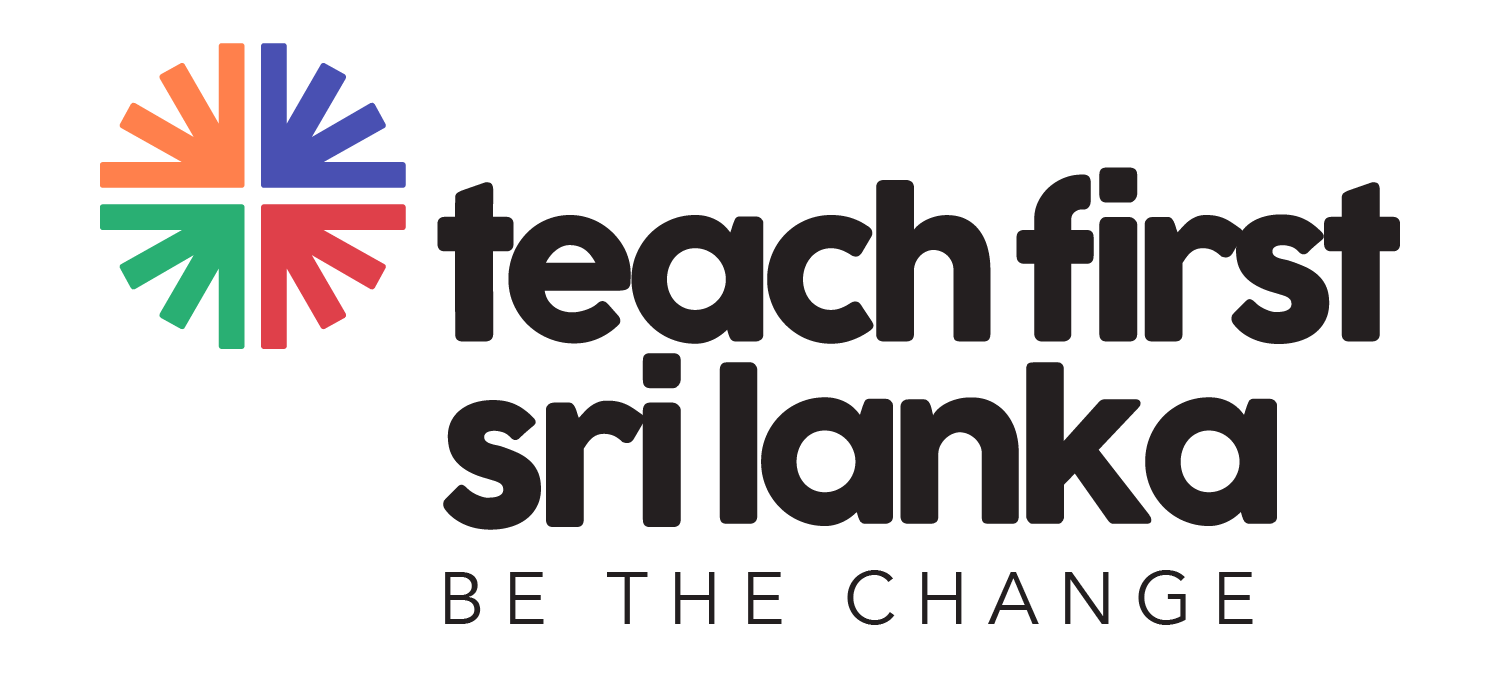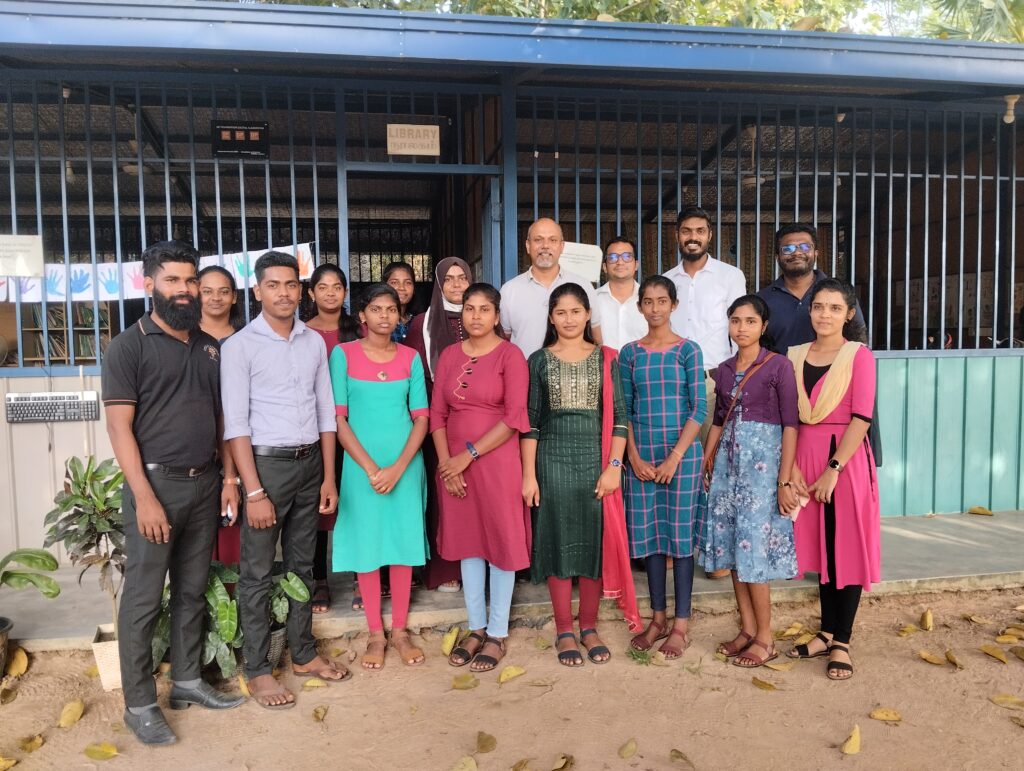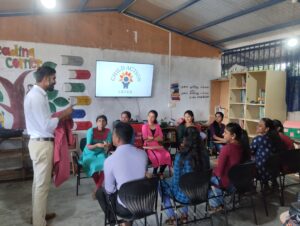Our world is changing fast. The pace of change, particularly when it comes to new technologies, means the ‘half-life’ of skills is shrinking fast. Schools must adapt – ensuring essential (in-demand) skills of the future are integrated into the curriculum. In other words, we need to Rethink WHAT We Teach. Of course, the rapid digitalization of the entire world – across all countries, industries and societies – means HOW we teach must evolve as well.
I’ll explore the first major theme in this post. Education at all levels must teach children the skills they need to thrive in a changing world. Many of the jobs today’s schoolchildren will work in don’t even exist yet. LinkedIn predicts 150 million new technology jobs in the next five years, and most of the roles in LinkedIn’s “2022 Jobs on the Rise” report can already be done remotely.
So, what sort of skills will be essential for success? In its Schools of the Future paper, the World Economic Forum outlined essential characteristics that define high-quality learning in the future:
- Global citizenship skills (awareness of the wider world and sustainability).
- Innovation and creativity skills (problem-solving and analytical thinking).
- Technology skills (data science and programming).
- Interpersonal skills (emotional intelligence, empathy, cooperation and social awareness).
Soft skills like creativity and interpersonal communication become increasingly important as AI takes over more workplace tasks. Inherently human social and emotional skills will be the “hard currency” in future workplaces.






